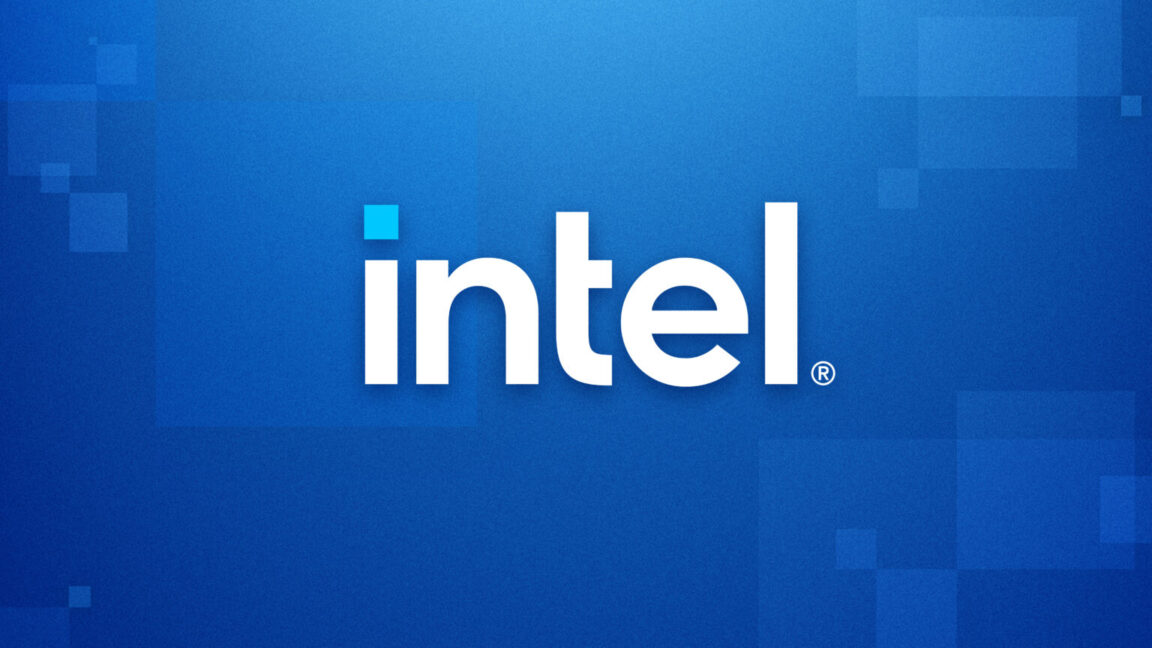
Credit: Intel
Intel has a lot riding on "18A," its next-generation manufacturing process for silicon chips that the company claims will help it catch up to the lead that competitors like TSMC have built up over the last few years. With 18A, Intel would return to manufacturing its own processor designs in its own factories, including the upcoming Series 3 Core Ultra chips for laptops (codenamed Panther Lake), after manufacturing parts of all other Core Ultra chips with TSMC. Intel is also offering 18A manufacturing capacity to external chipmakers, a major milestone in former CEO Pat Gelsinger's plan to make Intel a competitive, cutting-edge (and primarily US-based) chip manufacturer for the rest of the industry.
But a Reuters report claims that Intel is struggling to make usable chips on 18A, according to "people who were briefed on the company's test data since late last year." As of this summer, these sources say that just 10 percent of the chips being manufactured on 18A are "up to [Intel's] specifications."
Intel disputed the numbers cited in the report. "Yields are better than that," Intel CFO David Zinsner told Reuters, though neither Zinsner nor Intel provided an alternate figure.
Whether Intel is struggling with 18A or not, the story is easy to believe because it fits a decade-long pattern going back to early delays for Intel's 14 nm process in 2013 and 2014. Intel had finally switched its lineup to the 14 nm process by late 2015, but it was then stuck on that manufacturing process for years (2019–2020 for laptop chips, 2021–2022 for desktop chips).
Through that span, Intel's PR strategy was familiar: insist that things were ramping up well internally and that bugs were being ironed out, express confidence in the roadmap, give itself a little wiggle room on launch dates of actual products, and continue onward.
In this case, Intel told Reuters that its Panther Lake chips are "fully on track" as of July 30. Intel reaffirmed that it would launch Panther Lake using the 18A manufacturing process in the second half of 2025, with more models coming in 2026. These will be the milestones to watch for—Intel could be struggling to ramp up yields on 18A chips, but the struggles could be normal-ish and planned-for ones that don't delay the company's plans any more than they already have.
A rough stretch for a foundering foundry
Intel has been having a rough time of it for a few years now, but headlines in 2025 have been particularly bleak. The company posted a loss of $2.9 billion in Q2 of 2025 after losing $1.6 billion in the same quarter last year. In total, Intel lost $18.8 billion in 2024.
A substantial part of that loss is related to new CEO Lip-Bu Tan's extensive restructuring of the company, which so far has consisted mainly of cutting, cutting, cutting. Intel cut 2,400 jobs in Oregon last month, part of a plan that could see it shed as many as 24,000 jobs across the company. A planned manufacturing facility in Ohio is still happening, but construction has been slowed, and planned manufacturing and testing facilities in Germany and Poland are being canceled.
The company has closed its automotive division and spun off its RealSense robotics and biometrics division into its own company. Intel hasn't made announcements about its Arc dedicated GPU lineup, but it also hasn't launched any new products since January, even as Nvidia and AMD have rolled out multiple next-generation products.
Tan also says that all major chip designs need his personal review and sign-off before manufacturing can begin—a policy that has already resulted in the reintroduction of Hyper-threading to next-generation server products. Tan says this policy "will improve our execution and reduce development costs."
One initiative from the Gelsinger era still seems alive, at least for now: Intel plans to offer both 18A and the upcoming 14A process to external customers. But Tan says that "[Intel's] investment in Intel 14A will be based on confirmed customer commitments." In other words, if the company can't get more customers—something it may have trouble doing, based on its recent unreliability—Intel could decide to cancel 14A and other future manufacturing processes entirely.
"There are no more blank checks," Tan wrote in a note to all Intel employees on July 24. "Every investment must make economic sense."

-
 C114 Communication Network
C114 Communication Network -
 Communication Home
Communication Home


